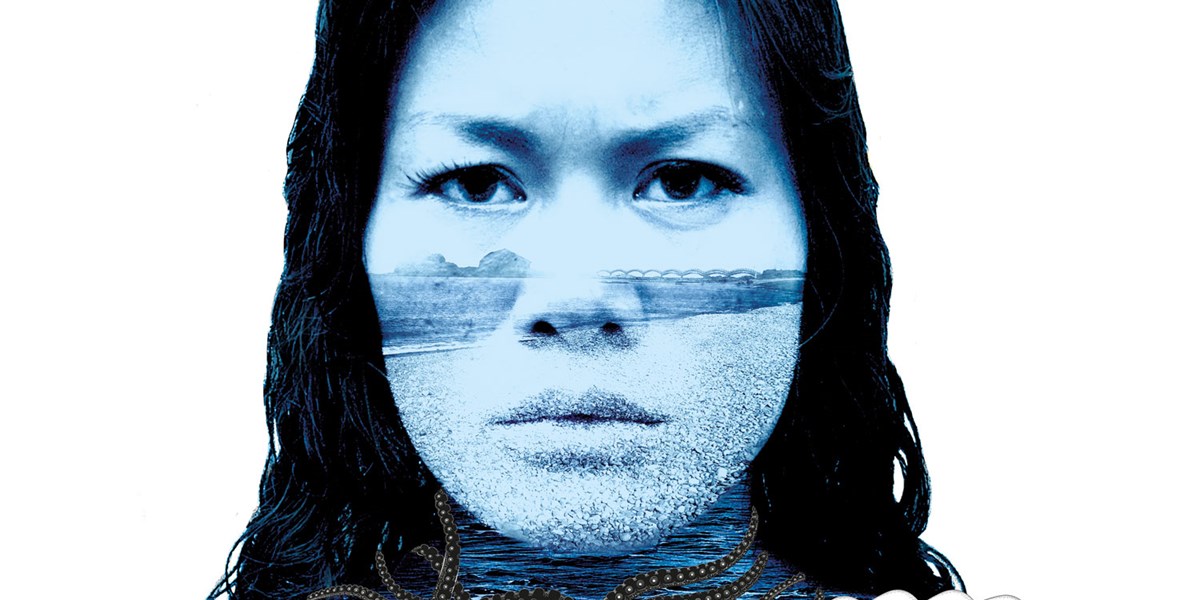Wednesday, March 2, 2022
“Our island knows the ocean is not the same as before” | The Return of Small Island Big Song
Jane Cornwell speaks with Tim Cole and BaoBao Chen, the producers of the Indo-Pacific collective Small Island Big Song, about their second project, which focuses on our troublesome relationship with nature. Illustrations: Jenn Da Costa

“Our island knows the ocean is not the same as before” (Putad, Taiwan)

Register now to continue reading

Thanks for visiting the Songlines website, your guide to an extraordinary world of music and culture. Sign up for a free account now to enjoy:
- Free access to 2 subscriber-only articles and album reviews every month
- Unlimited access to our news and awards pages
- Our regular email newsletters

